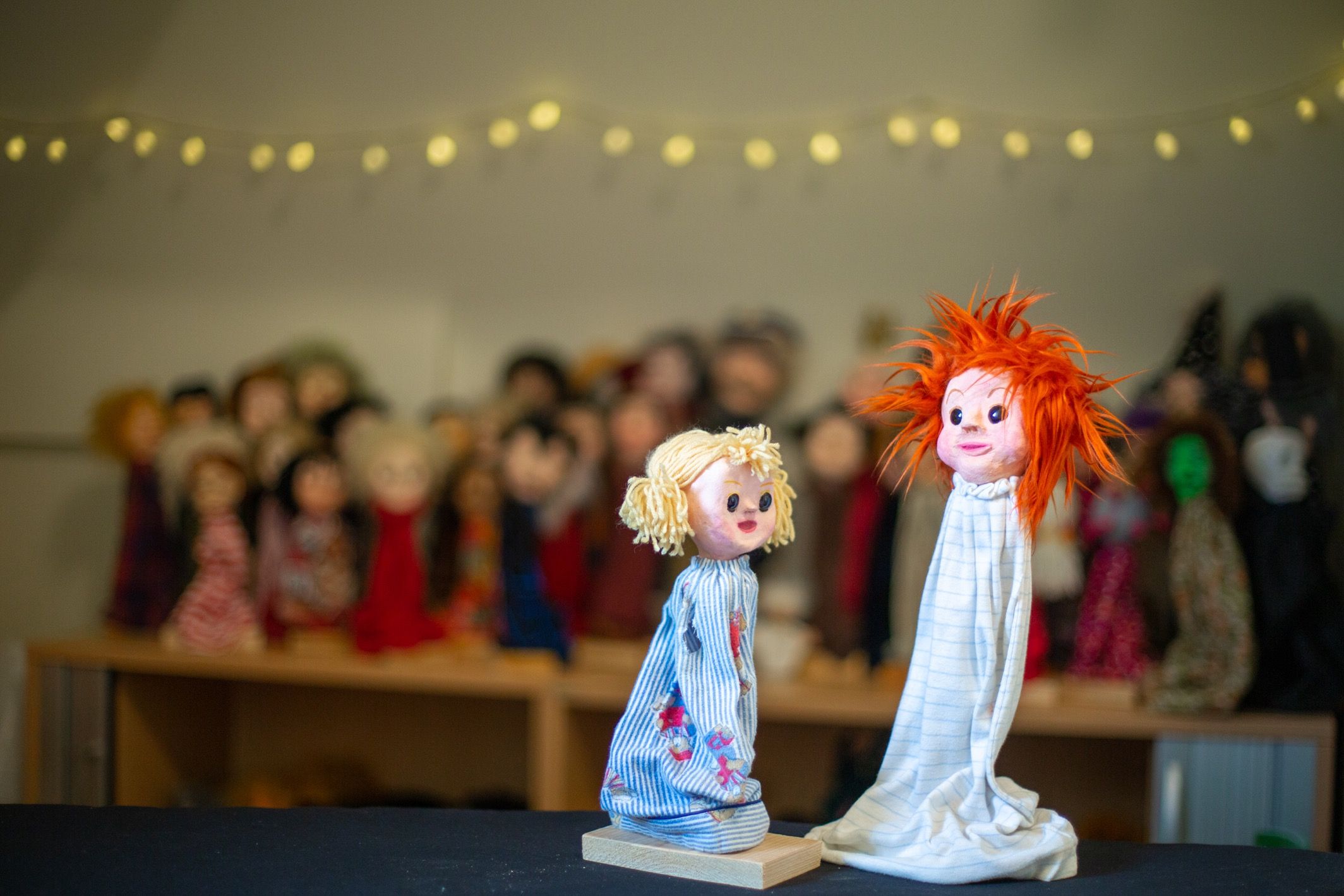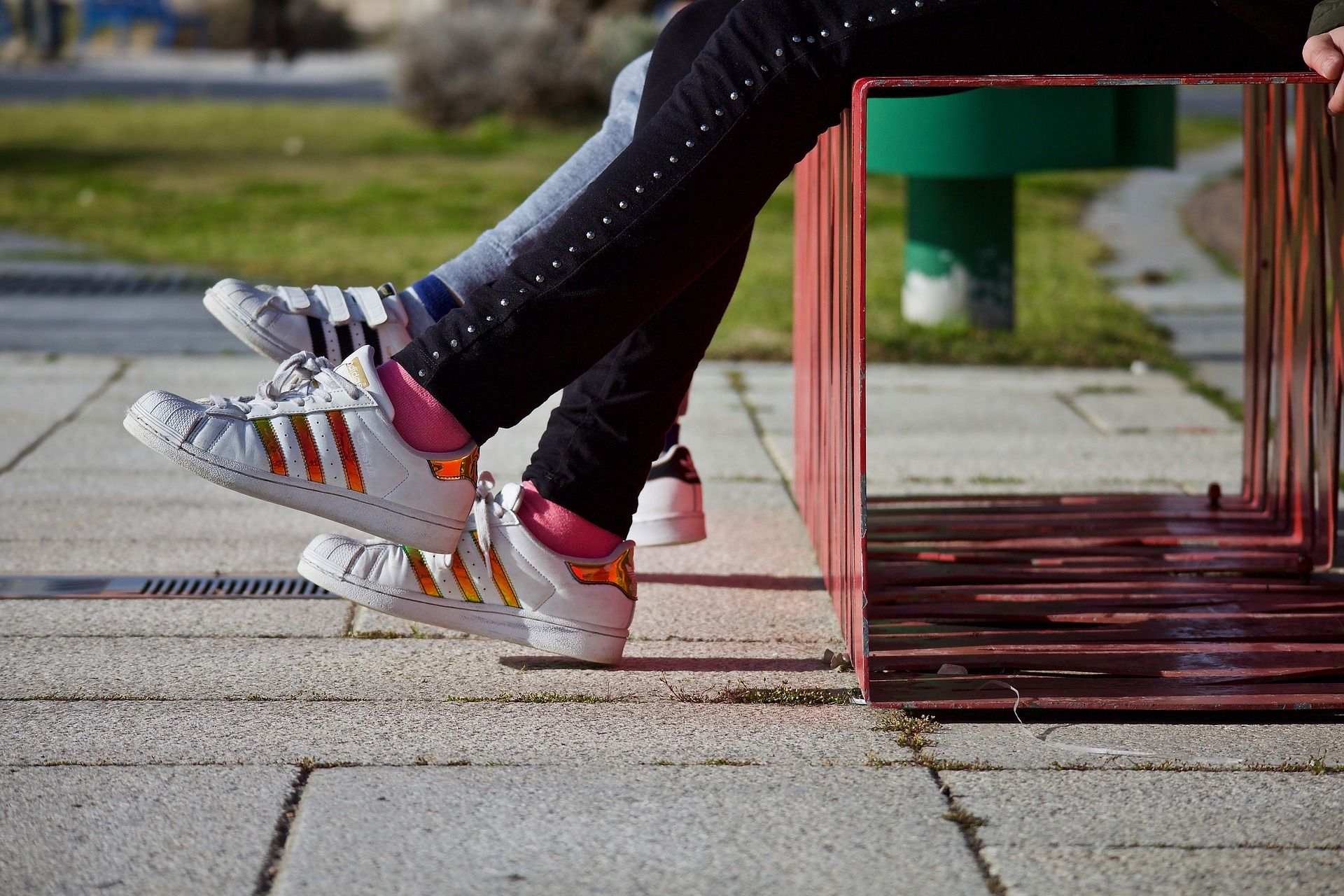Individual support
When interventions at local (primary or secondary school) and regional (ESEB) levels need to be completed, the National Inclusion Commission receives requests for specialized interventions or specialized school attendance. The request may be filed by an inclusion committee if there is a file and provided that the parents have given their written consent.
The process then entails three levels
-
1
The CI/CIS decides to forward the file to the CNI.
-
2
On a case-by-case basis, the CNI takes charge of assigning the files to the competence Centers deemed appropriate. Thus, all requests for the CDSE must go through the CNI.
-
3
Once the CDSE receives the file, the diagnostic unit carries out a specialized diagnostic. Thereafter the CDSE presents its evaluation and recommendations to the CNI, who will decide on the next steps.
If support is provided in a specialized intervention, an individualized educational plan is developed in collaboration with the staff of the school that the student attends. Approximately every three months there is an evaluation of the intervention that is followed by a meeting with all the people accompanying the student.
Therapeutic puppet play
Perceiving, understanding and processing emotions with the help of dolls

Children often cannot yet express their emotions in words. However, they show through their conspicuous behaviour that something is afflicting, frightening, saddening or annoying them. Dolls can indeed be very helpful here. They help the child establish contacts, perceive and act out their emotions and enable them to project their inner experiences onto the doll. In this way, children can communicate with us in play and draw attention to their plight. Dolls act like a mouthpiece for the children and can have healing effects.
A class doll can serve as a model, be a common friend for all the children present, act as an emotional lightning rod in case of criticism, quarrel or fear and can also promote the exchange and cooperation between school and parents in a way that is particularly suitable for children.
In the therapeutic puppet play, where the child takes the lead, the inner experiences of the child are projected onto the stage through joint play with the therapist and with the help of the puppets; in a protected setting, the experiences are thus perceived and felt together. New behavioural patterns or solution approaches which are beneficial for the child and support their further development can gradually be tried out in the joint play.
Group Therapy

Based on the FESKKO concept (cognitive-behavioural therapy manual for the promotion of emotional, social and cognitive competences in childhood) we offer a group therapy programme for socio-emotional disorders for 5-8 adolescents between 11 and 13 years of age. The training takes place 1 time a week for 1.5 hours each during 1 trimester.
The goals are:
- improving emotion regulation and empathy skills;
- to promote prosocial behaviour and improve relationship regulation;
- strengthening existing resources and self-esteem;
- acquisition of problem-solving skills;
- reduction of the perceived level of suffering.